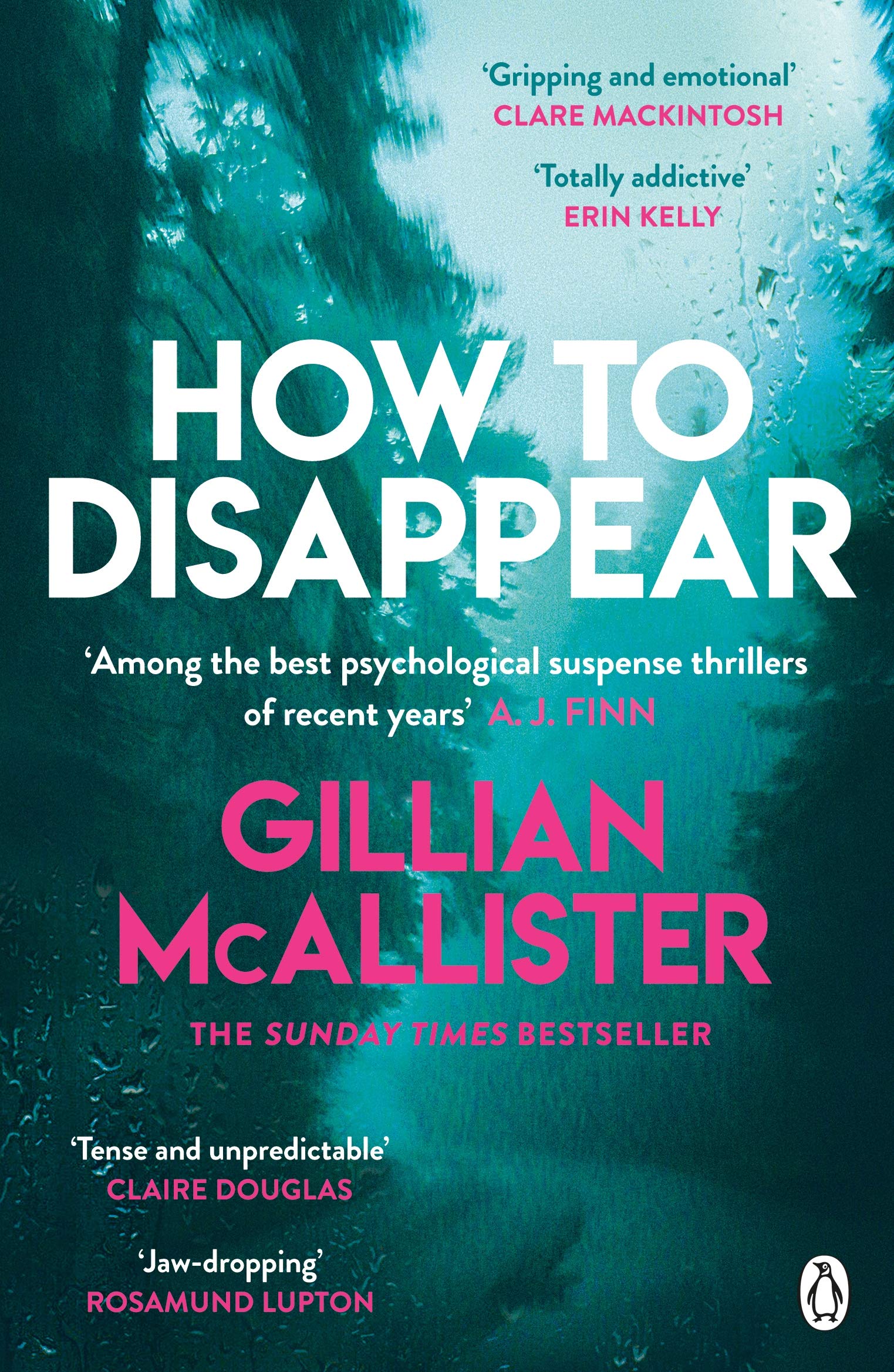Books
Gillian McAllister: researching witness protection
How do you research something which is top secret? I have been trying to answer that question since November 2018, when I decided I wanted to write a book – How To Disappear – about witness protection.
Looking back, one of the reasons I wanted to write about witness protection was because it is so cloaked in secrecy and myths. Once I had my set-up – a fifteen-year-old who is the only witness to a high-profile murder testifies, but ends up in danger, and so goes into protection with her mother – the more questions I had. How would you leave your friends, forever? Your job? How – in the age of social media – would you not slip up? What would life be like if you couldn’t take a selfie? Couldn’t accidentally like an old friend’s photograph? I started to think, too, about the logistics of it. When you’re taken into protection, who actually takes you? How do you get a passport under a new name? Who provides the house that you live in? The references on your CV?
Naturally, I started to try and research it. First, I googled it, but Google is full of speculation and hearsay. ‘Ten Wild Facts About Witness Protection’ and rumours surrounding American mobsters thought to be living under protection. I watched a Newsnight special where a silhouette talked of their experience, but only really the crime that led to being taken into protection, and the emotional fall-out of that. I contacted the UK’s witness protection service, but, unsurprisingly, they didn’t want to reveal their secrets to me. And that’s only right: I wouldn’t want to expose any secrets or make anybody vulnerable.
But where did that leave my novel research? Well, I decided to look at it from the opposite angle. I asked on my Facebook page if anybody knew any private investigators, and I was put in touch with a couple. And so I emailed them and asked: hypothetically, how would you go about finding somebody in witness protection? Their careful, detailed (and free!) responses (caveated with the fact that they would not help me to do this in real life!) formed the backbone for the danger those are being hunted face in my novel.
The second thing I did was sit down with my father – a very sensible and pragmatic person who has buckets of common sense – and thought, step-by-step, about how witness protection might work. We had no choice but to guess, and it was fun to do so! We decided that the housing provided for people in protection likely already belonged to the state, and we figured empty army housing might work. We thought that maybe each family in protection would be assigned a ‘key worker’ who would drive them to their new location and keep in touch with them for the first few weeks that they were there. And, being a lawyer, I decided that some of the more ostentatious claims – of dyeing hair, wearing fake glasses, being packed up in the dead of the night, staying in hotels to throw anyone off the scent – probably didn’t happen. The law is much more quotidian than you might imagine, but, for me, that is where the magic happens – if you could really, really imagine that this could be you who has to leave their family, their friends, their job, and start anew – what could be scarier than that?




Please note: Moderation is enabled and may delay your comment being posted. There is no need to resubmit your comment. By posting a comment you are agreeing to the website Terms of Use.